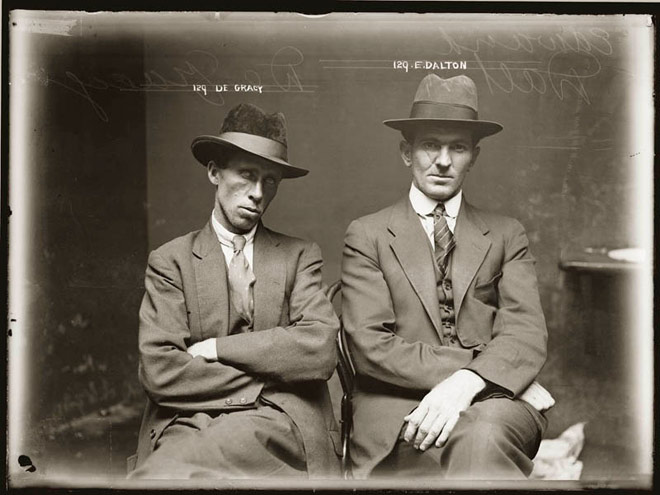The whole series of my life appeared to me as a dream; I sometimes doubted if indeed it were all true, for it never presented itself to my mind with the force of reality.

They found that people high in the psychological attribute called attachment anxiety (a tendency to worry about the proximity and availability of a romantic partner) responded to memories of a relationship breakup with an increased preference for warm-temperature foods over cooler ones: soup over crackers. Subjects low in attachment anxiety — those more temperamentally secure — did not show this “comfort food” effect. […]
The fact that individual differences in a relationship-oriented trait (attachment anxiety) are related to a person’s sensitivity to unconscious temperature-related cues speaks to the “under the hood” unconscious mingling that occurs between our social perceptual system and our temperature perception system. Though people predisposed to worry about their relationships seem to be more sensitive to these cues, we are all predisposed to the blurring of different types of experience. Similar recent experiments have demonstrated, for example, that briefly holding a warm beverage buoys subsequent ratings of another’s personality, that social isolation sensitizes a person to all things chilly, that inappropriate social mimicry creates a sense of cold, and that differences in the setting of the experimental lab’s thermostat leads test subjects to construe social relationships differently.
photo { The Sydney Justice & Police Museum | Mugshots from the 1920s }


